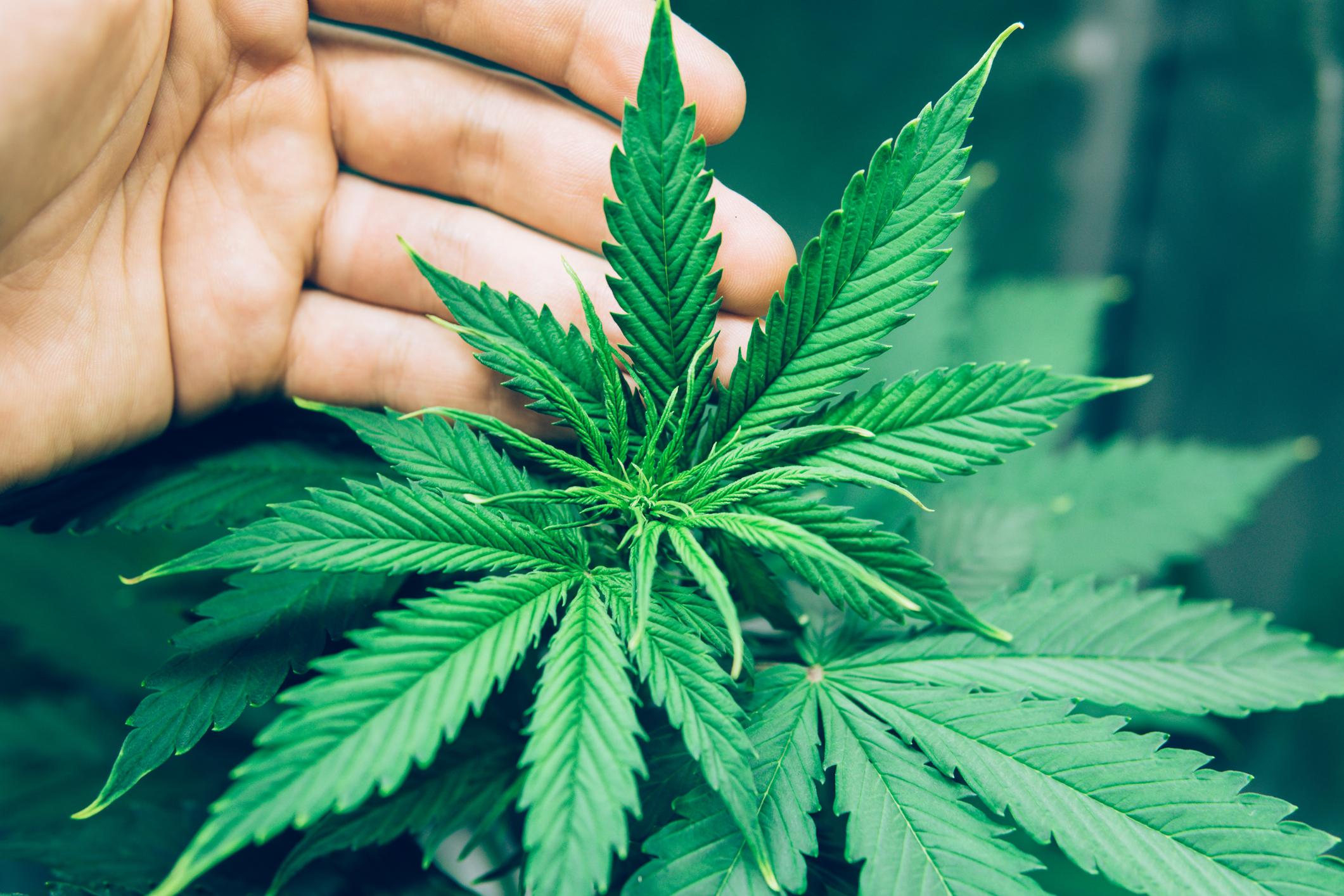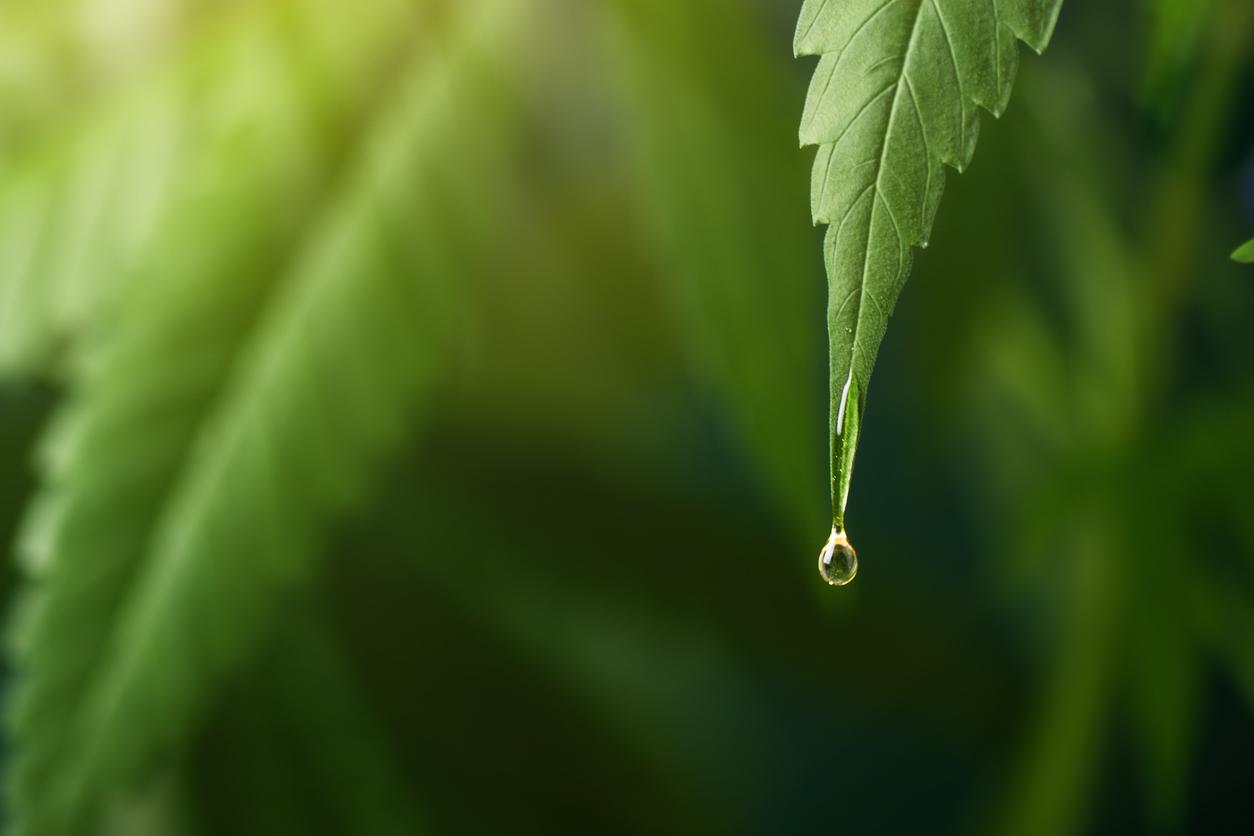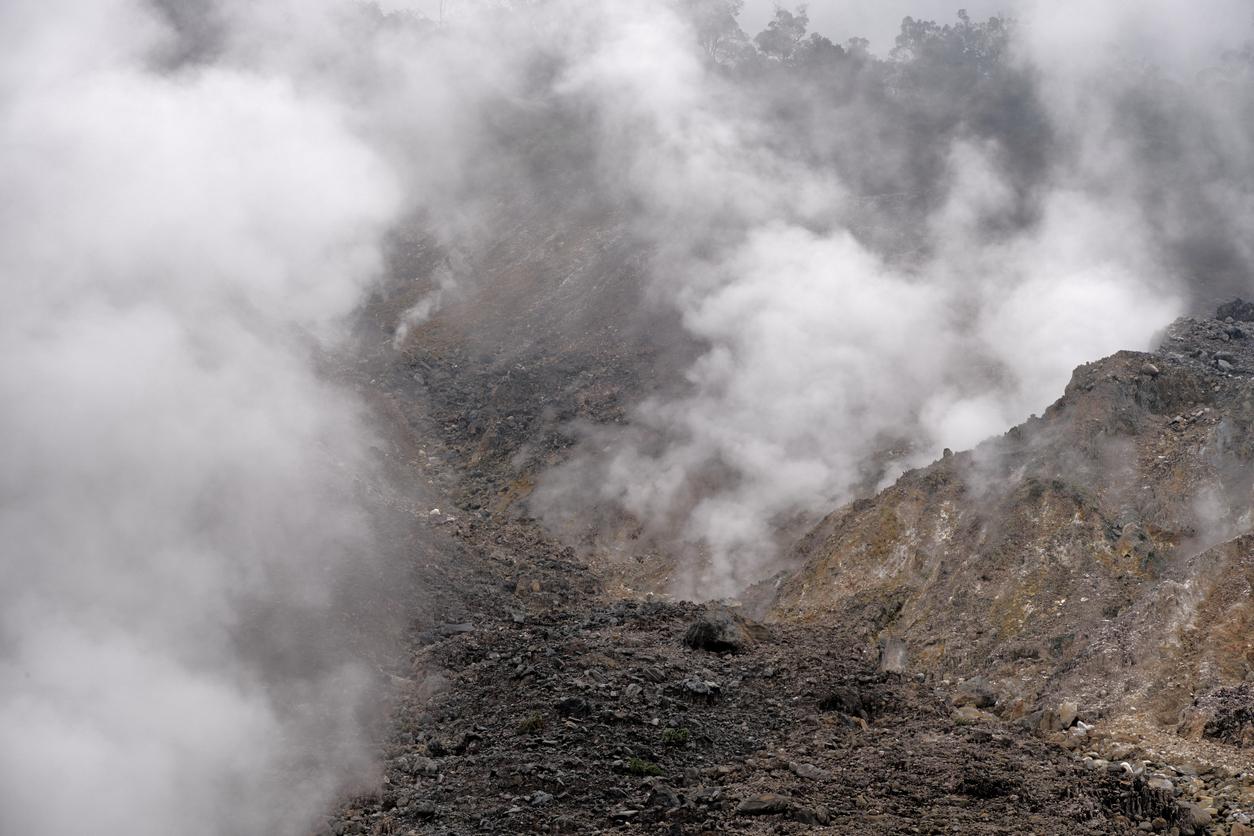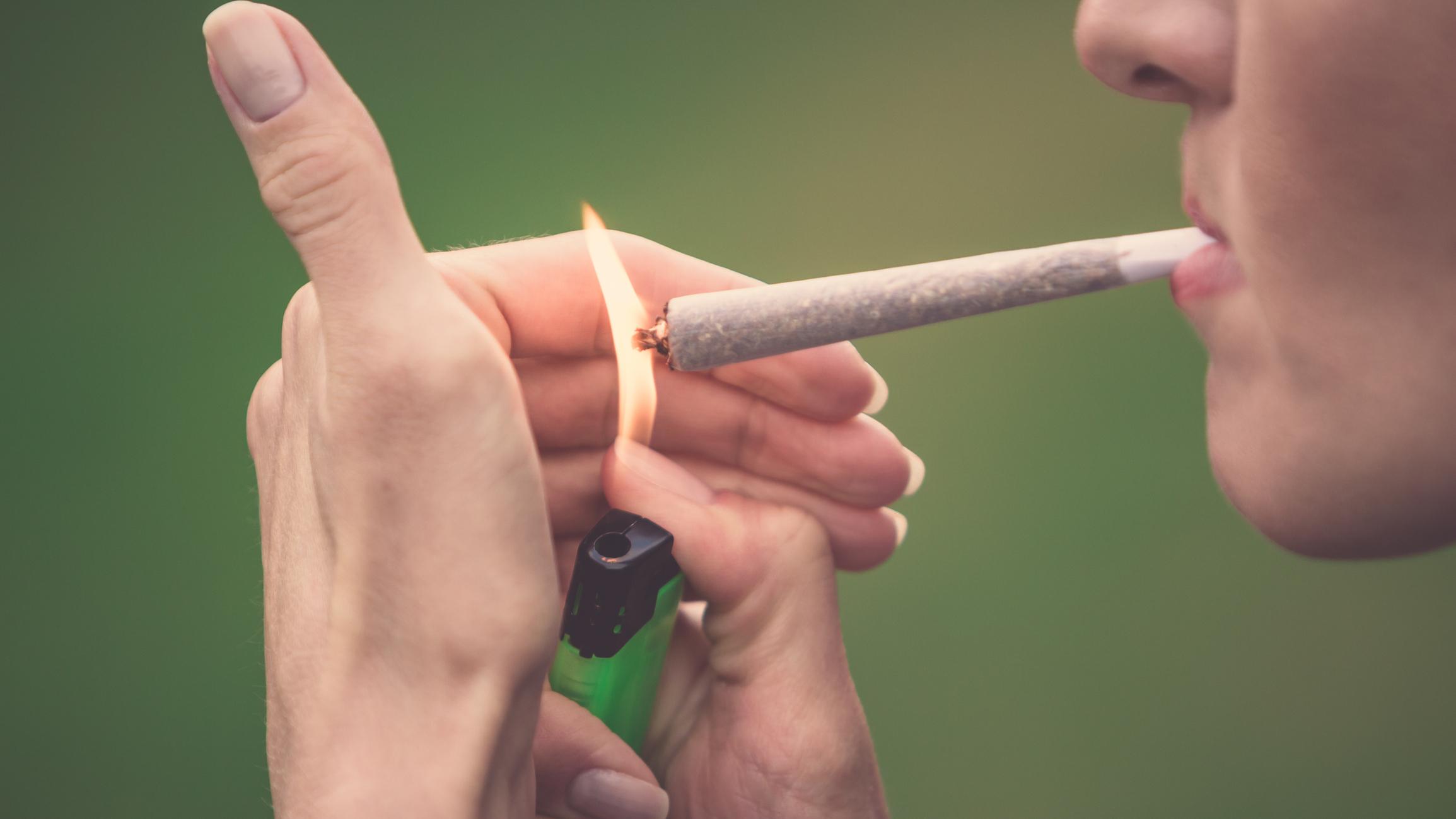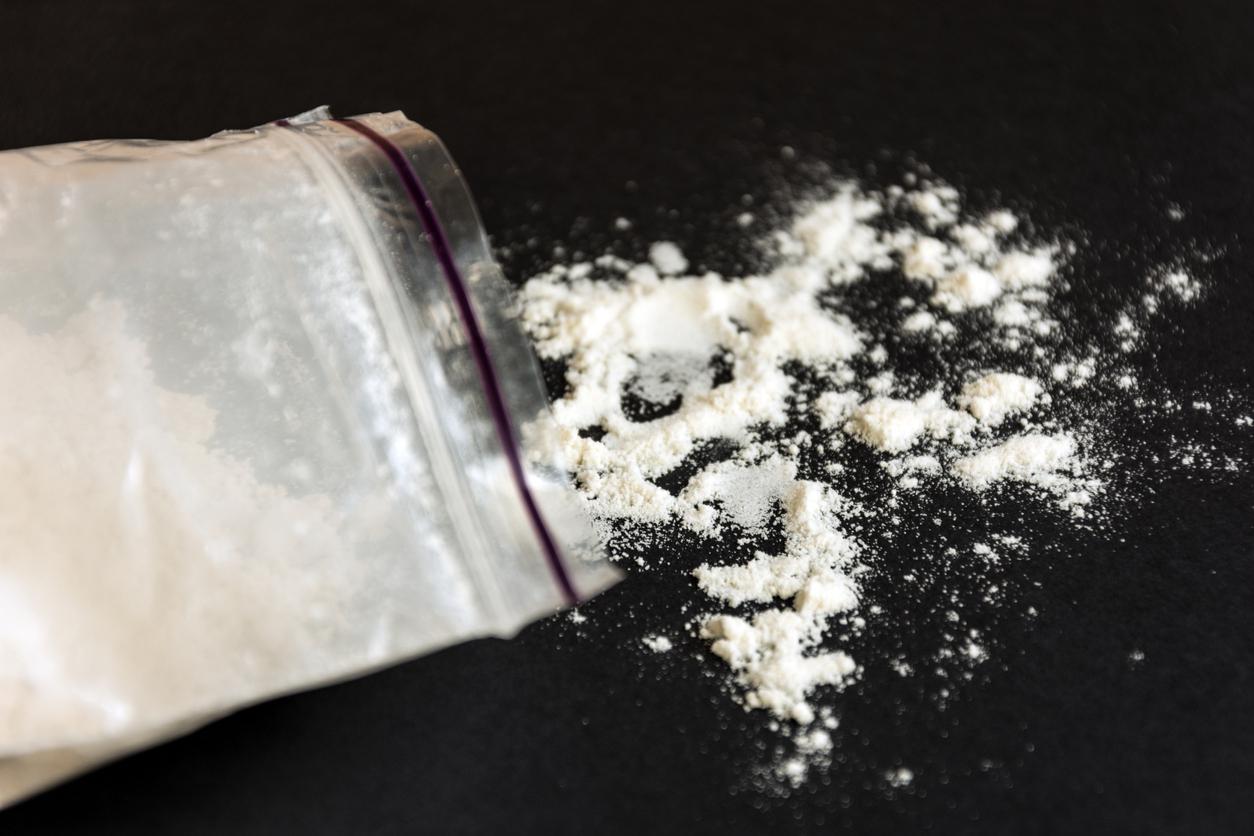THC concentrations are increasing in marijuana and cannabis resin sold in Europe, but without a parallel increase in cannabidiol levels. A worrying development.
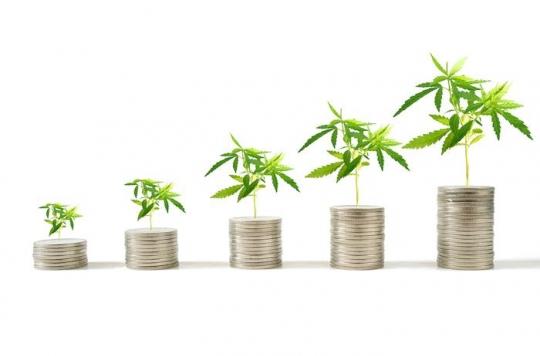
Recreational use of cannabis is now legal in Canada and several US states, and medical use is permitted in many more countries, including the UK. However, it appears that the concentrations of delta-9-tetrahydrocannabinol, or THC, continue to increase. An increase in psychoactive power which is not without worrying the experts
The study, published on December 30 in the journal Addiction by researchers from the University of Bath and King’s College London, draws on data collected by the European Monitoring Center for Drugs and Drug Addiction, in 28 EU Member States, plus Norway and Turkey.
Increase in THC levels
The results of the study show that, in the case of marijuana (herbal cannabis), the concentrations of delta-9-tetrahydrocannabinol (“THC”), the main psychoactive constituent of cannabis, increased steadily each year, from from 5% in 2006 to 10% in 2016.
For cannabis resin (or hashish), THC concentrations, which were relatively stable from 2006 to 2011 (from 8% to 10%), increased rapidly from 2011 to 2016 (from 10% to 17%). The price of marijuana has increased from around 7 euros to 12 euros per gram, while for cannabis resin it has risen from 8 to 12 euros per gram.
Potential interest of the resin
Unlike plant-derived cannabis, cannabis resin typically contains cannabidiol (CBD) in addition to THC. Cannabidiol arouses the interest of various researchers because of its potential impact on certain childhood epilepsies, psychoses and anxiety. When present in cannabis, cannabidiol could also offset some of the harmful effects of THC, such as paranoia and memory impairment.
Indeed, cannabis containing more THC, and/or less CBD, has been associated with greater long-term psychological effects, such as the development of cannabis dependence and an increased risk of psychotic illness. However, new resin production techniques in Morocco and Europe have increased the levels of THC, but not those of CBD.
A worrying state of affairs
Lead author Dr Tom Freeman from the Addiction and Mental Health Group in the Department of Psychology at the University of Bath said: “These results show that cannabis resin has been rapidly changing across Europe, resulting in a more powerful and better value product. »
Dr Freeman added: “Cannabidiol has the potential to make cannabis safer, without limiting the effects users seek. What we are seeing in Europe is an increase in THC levels but with cannabidiol levels either stable or decreasing, which could make cannabis more harmful.” These data are very difficult to obtain because the cannabis market is of course illegal. One solution could be to attempt to control THC and CBD content through regulated legal sale.
An estimated 24 million (or 7.2%) of adult Europeans used cannabis last year. Worldwide, 192 million people use this drug in a context ranging from severely sanctioned prohibition to legal marketed sale.

.









